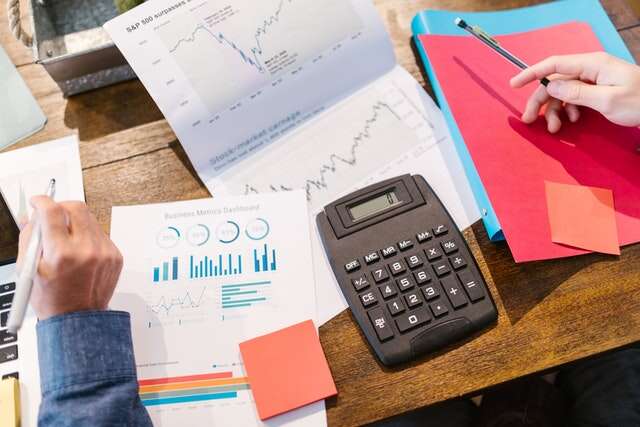How to Prepare for a Business Valuation?

The main considerations to be aware of before performing a business valuation are the purpose of doing a business valuation and the availability of information and data to perform one. If you’re planning to sell your business or obtain financing, you’ll likely need to have a business valuation conducted. A business valuation is an assessment of the value of your company, and it takes into account a variety of factors, including financial data, assets, liabilities, and market conditions. In order to get the most accurate valuation possible, it’s important to prepare in advance.
The understanding and preparation of the two aforementioned considerations have will lead to varying outcomes.
Preparation and refinement of Financial Statements
As a gauge, half of a Business Valuation is a number crunching process; two major sources of data that you will be looking at are the Income Statement and the Balance Sheet of past years.
Therefore it is necessary to clean up your books appropriately before a valuation can be conducted. It is recommended to remind your company’s internal or external accountant/auditor to prepare the complete financial statements that include profit loss statements and balance sheets.
Understanding the type of Business Valuation Methods
There are three main approaches to conduct a business valuation; Income method, Asset method, and lastly the Market method. It is always prudent to consider application of more than one method to improve completeness of finding, and thereby increasing credibility of result. Read here on the basics of business valuation.
Whilst this step is more applicable to the experts preparing the business valuation, it can be very beneficial that the business owner provides their interpretation of what type of business valuation methods apply to their business. It provides the valuer with an additional perspective and perhaps aid in provided a more accurate business valuation.
Here are some tips on how to prepare for a business valuation:
- Gather financial records: One of the most important pieces of information that a business valuator will need is your financial records. This includes your balance sheets, income statements, cash flow statements, tax returns, and any other relevant financial data. Make sure that these records are up-to-date and organized in a way that is easy to understand.
- Review company history: A valuator will also be interested in the history of your company, including its founding, growth, and any significant events that have occurred over the years. Be prepared to provide information about the company’s management team, its operations, and its market position.
- Evaluate assets: Another key factor in determining your company’s value is its assets. This includes everything from physical assets like real estate and equipment, to intangible assets like patents, trademarks, and intellectual property. Make sure that you have a comprehensive list of all of your company’s assets, and be prepared to provide documentation to support their value.
- Assess liabilities: In addition to assets, a valuator will also want to know about your company’s liabilities. This includes any outstanding debts, loans, or other financial obligations. Make sure that you have a clear understanding of your company’s financial obligations and be prepared to provide documentation to support these figures.
- Understand market conditions: The value of your business is also influenced by the current market conditions and trends in your industry. Make sure that you have a good understanding of the market in which your company operates, including any relevant economic or industry-specific factors that could impact your valuation.
- Be honest and transparent: Finally, it’s important to be honest and transparent throughout the valuation process. Make sure that you provide accurate information and don’t try to hide any negative aspects of your business. Remember, the goal of the valuation is to get an accurate assessment of your company’s value, which will ultimately benefit you in the long run.
Conclusion
In conclusion, preparing for a business valuation can be a daunting task, but it’s essential if you want to get an accurate assessment of your company’s value. By gathering financial records, reviewing company history, evaluating assets and liabilities, understanding market conditions, and being honest and transparent, you can ensure that you’re well-prepared for the valuation process. With the right preparation, you’ll be well-positioned to get the best possible valuation for your business.
Contact us for a free initial consultation.
